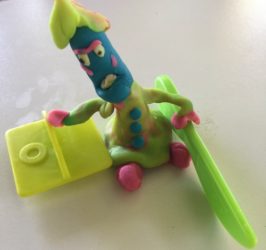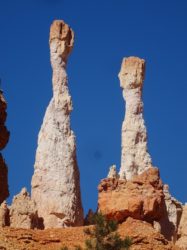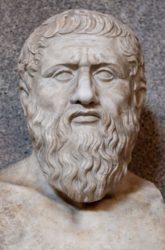The brain, this fabulator
Holes in experience are intolerable The section of the corpus callosum, this thick neural cable that unites the two cerebral hemispheres, has been performed in very severe forms of epilepsy. Side effect: the operated person ends up with two effector consciousnesses. Right and left hemibody are potentially autonomous. But they are still firmly attached, along … Read more










